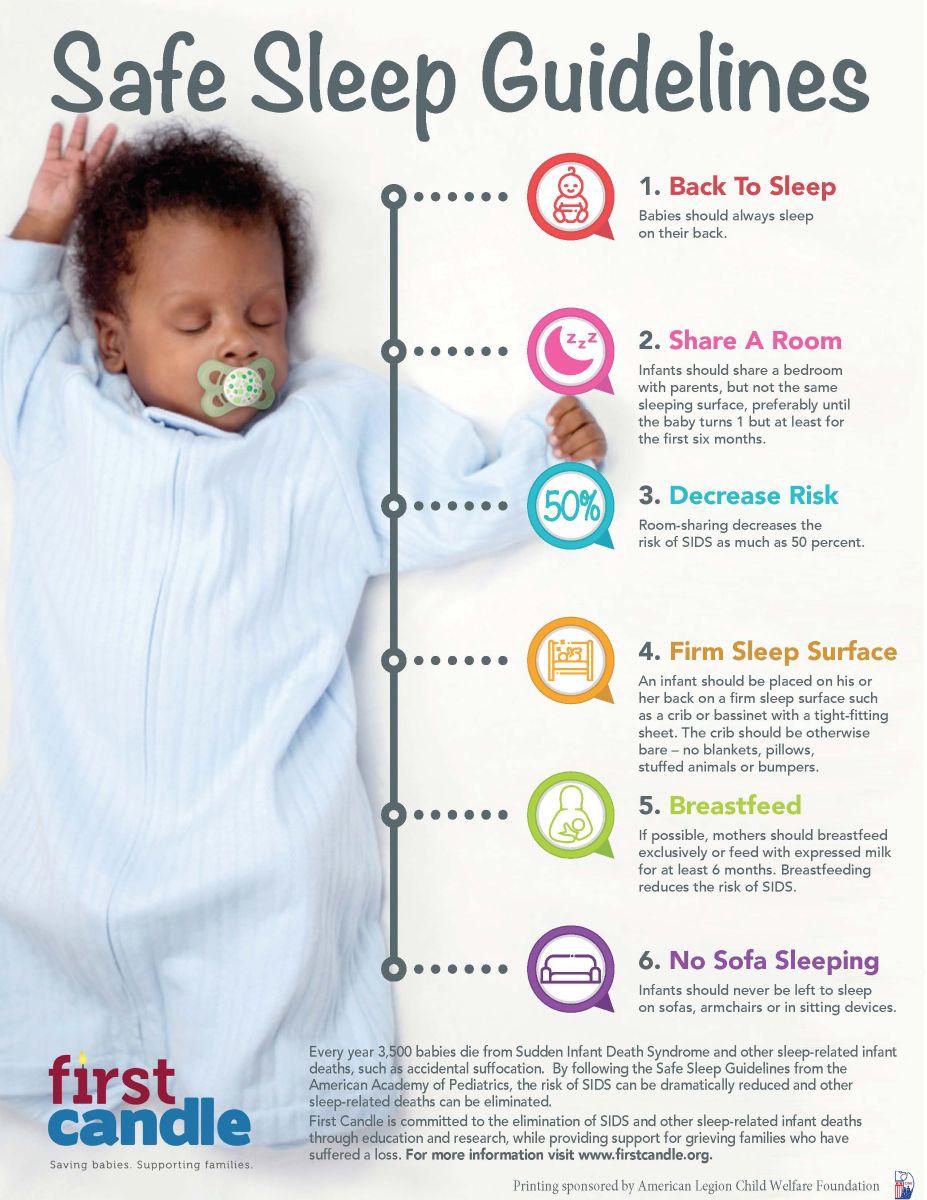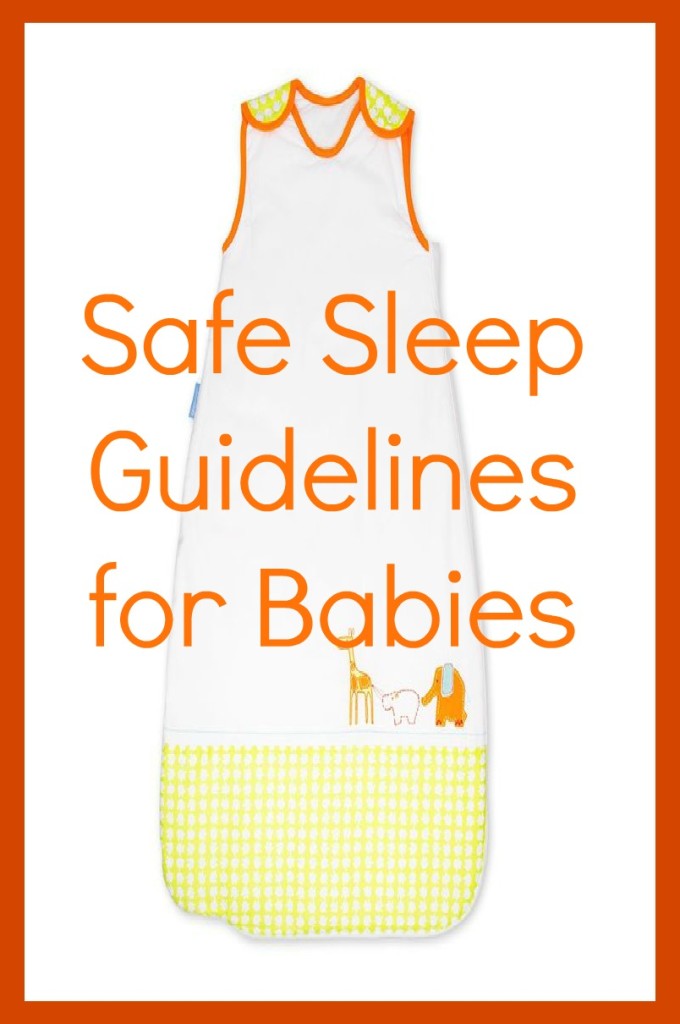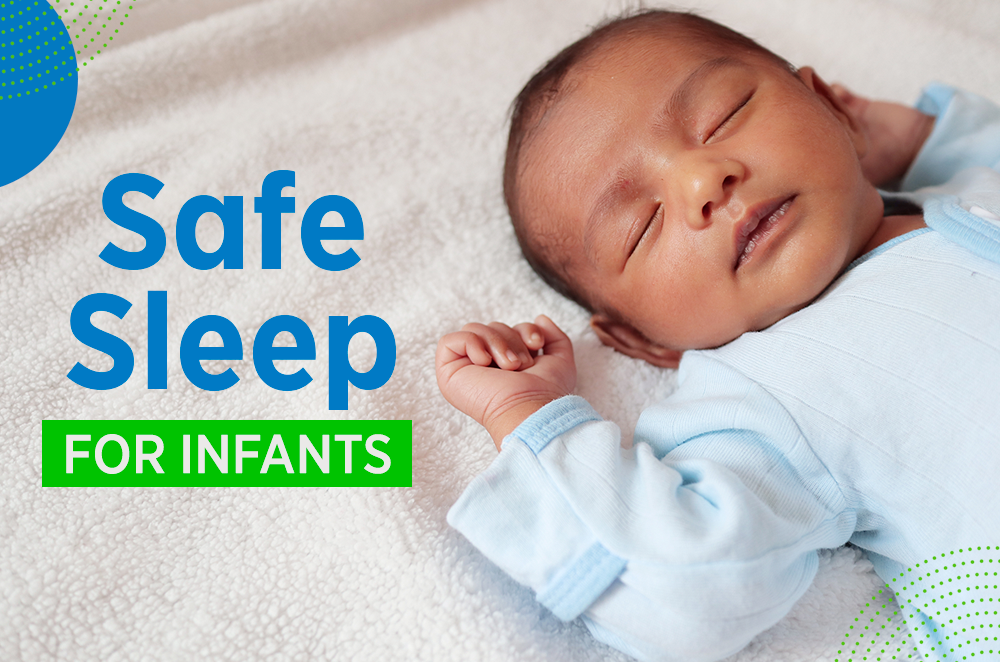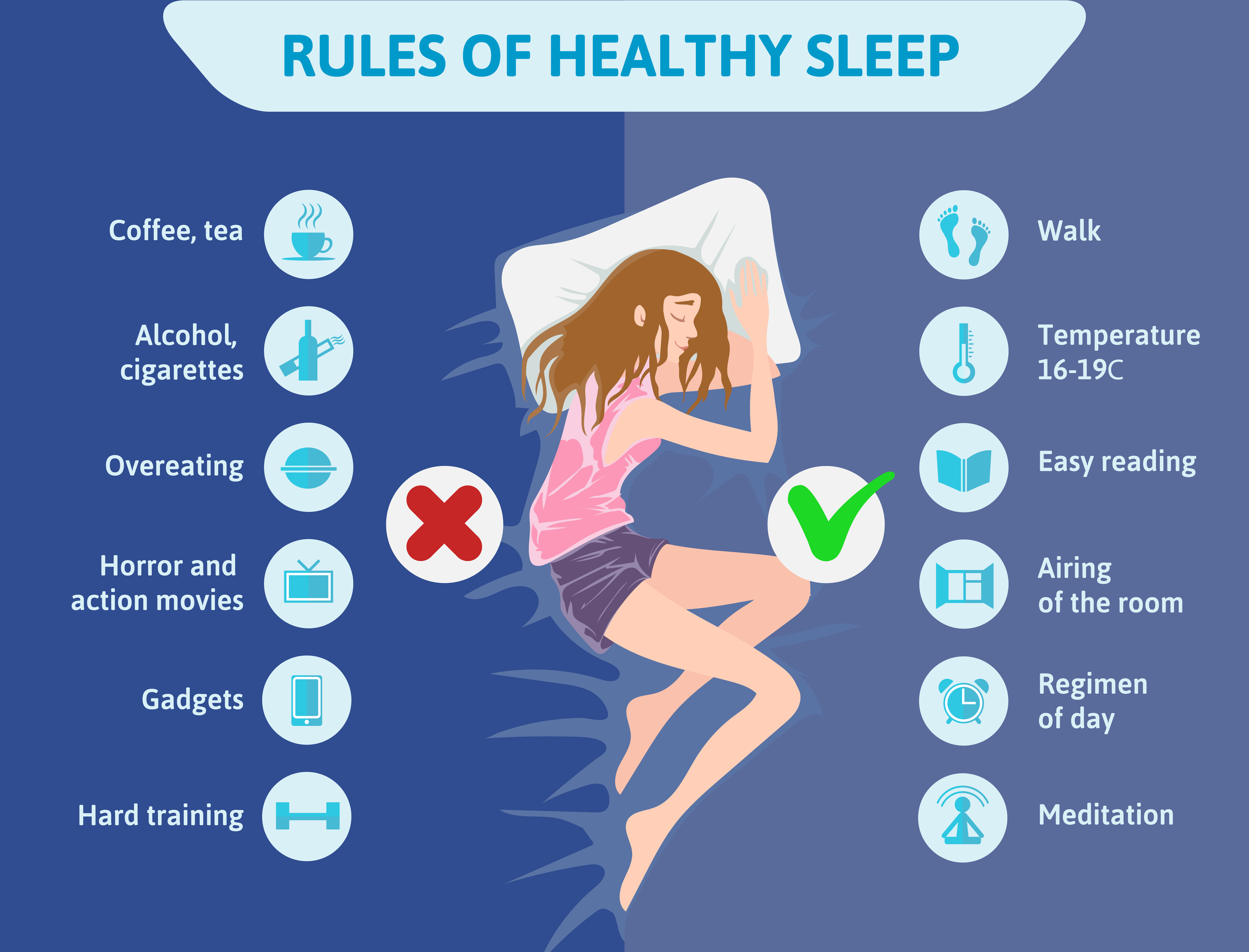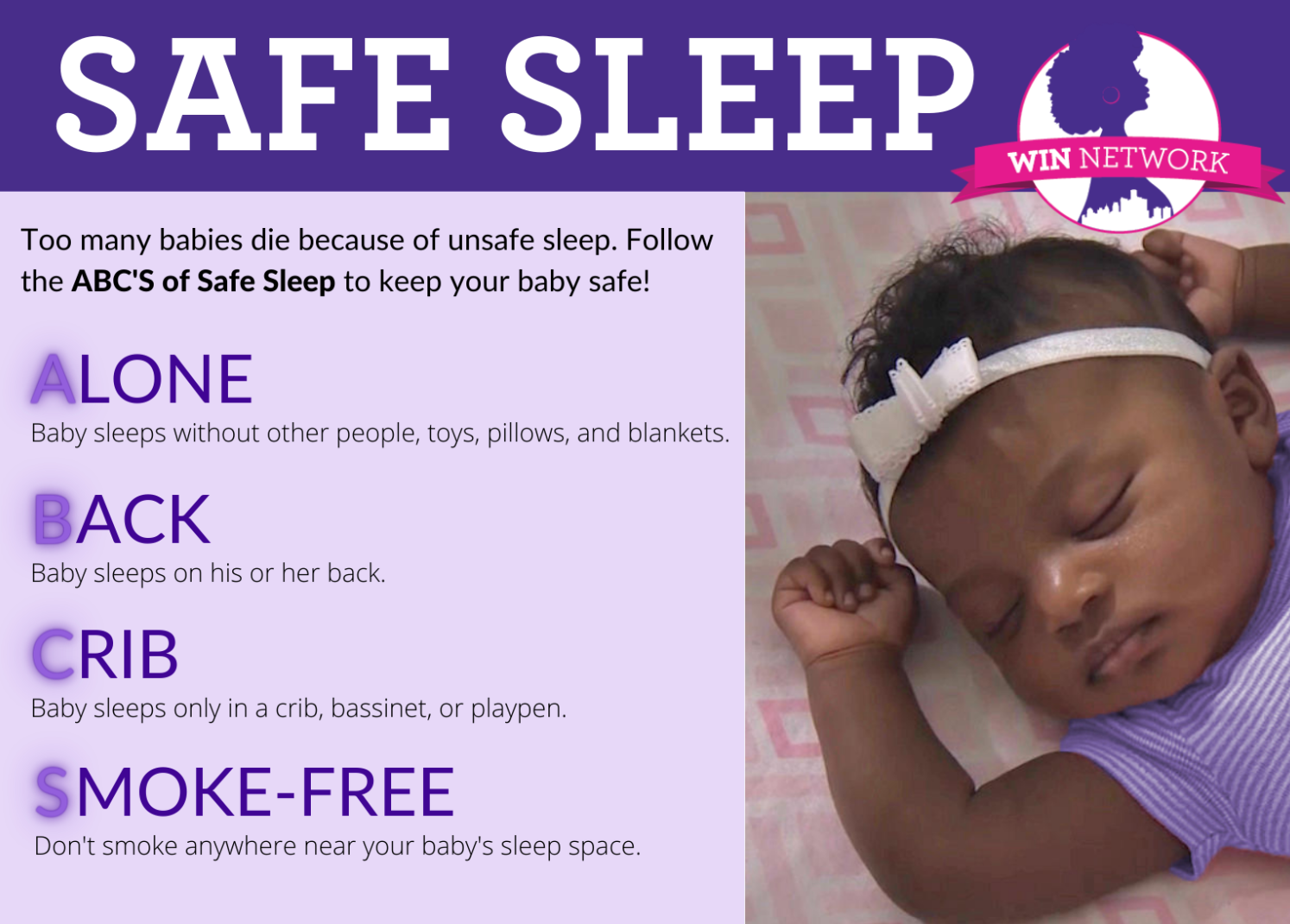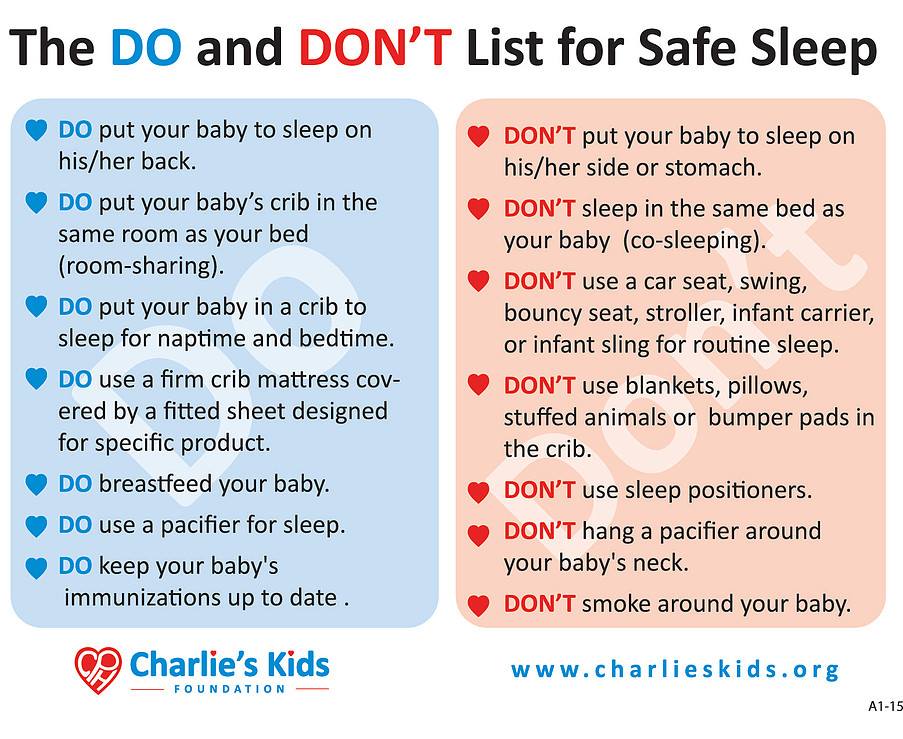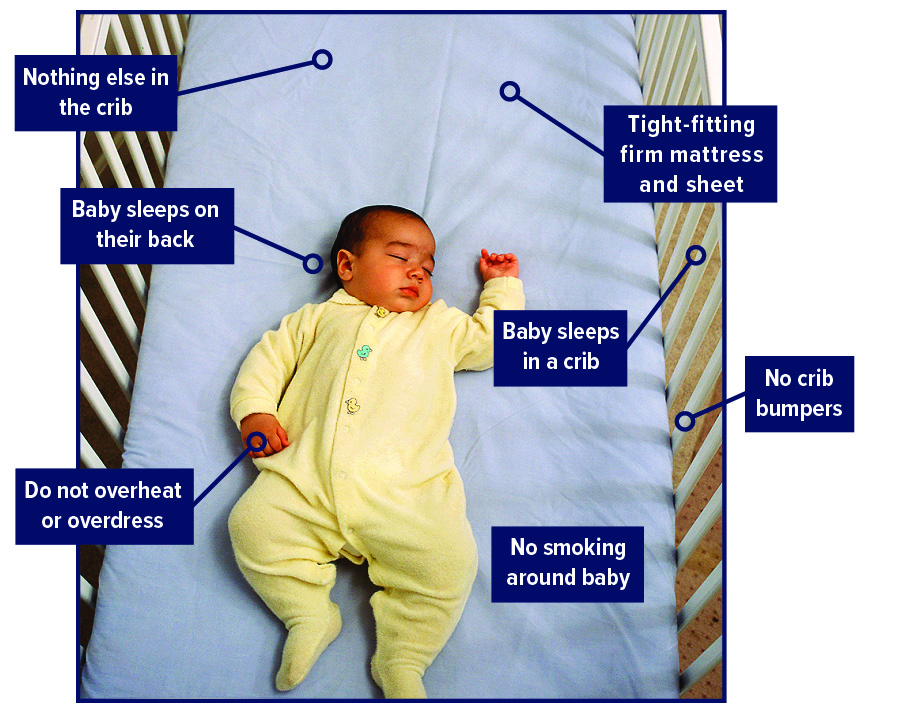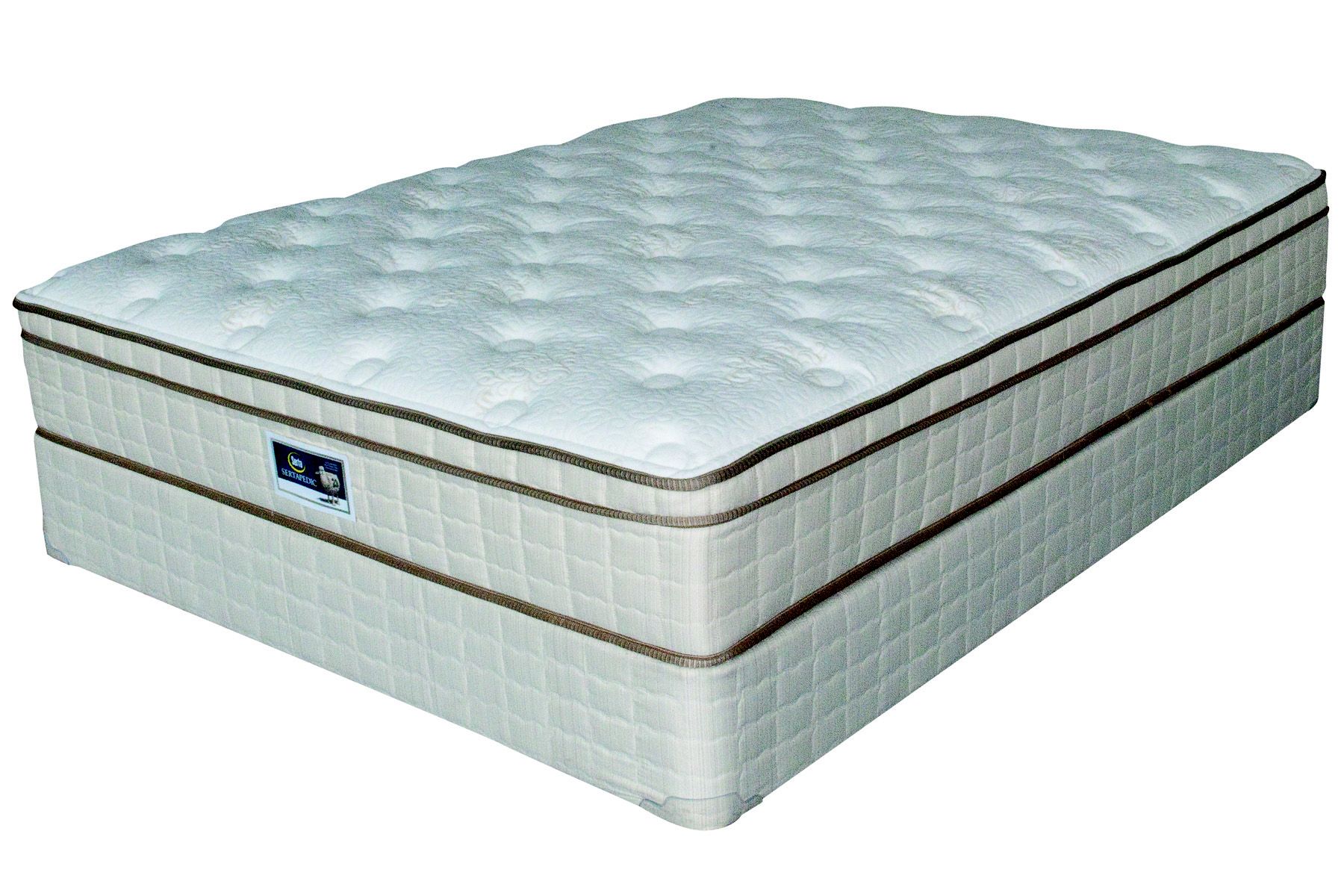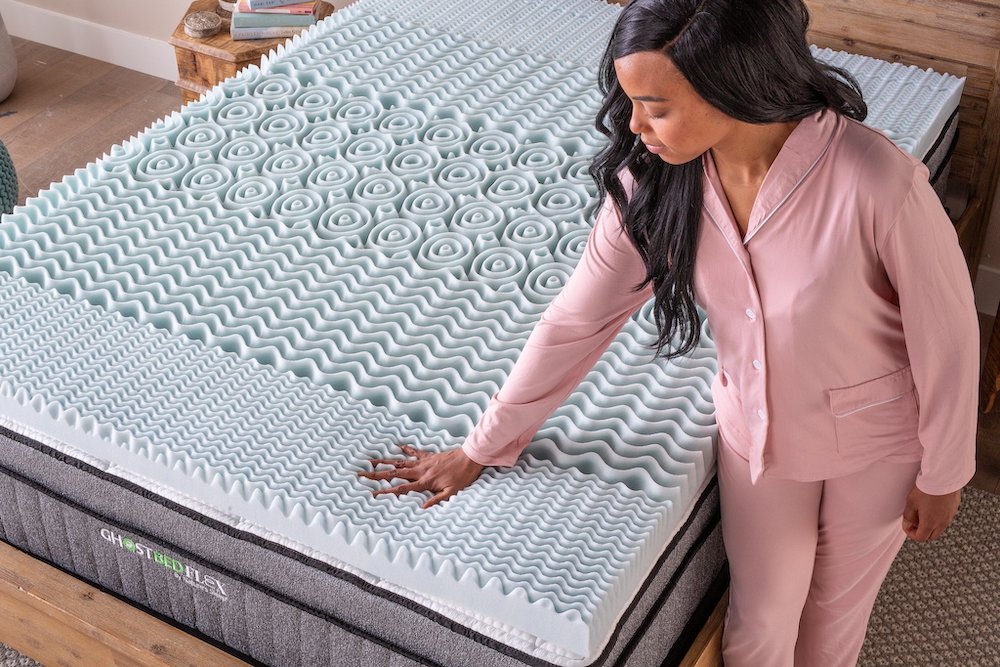1. The Importance of a Firm Mattress for Your Baby's Sleep
When it comes to your baby's sleep, there are many factors that can impact their safety and comfort. One of the most important aspects to consider is their mattress. While it may be tempting to choose a soft and plush mattress for your little one, it's crucial to understand the importance of a firm mattress for their sleep.
A firm mattress provides the necessary support for your baby's developing body. It helps to keep their spine in a neutral position, which is essential for proper growth and development. A soft mattress, on the other hand, can cause your baby's body to sink in, leading to potential issues with their posture and alignment.
Furthermore, a firm mattress reduces the risk of suffocation and other safety hazards. As your baby sleeps, they may move around and potentially end up face down on a soft mattress, which can increase the likelihood of Sudden Infant Death Syndrome (SIDS). A firm mattress ensures that your baby's face remains clear and allows for proper breathing during sleep.
2. Soft Mattresses and SIDS: What You Need to Know
One of the biggest concerns when it comes to soft mattresses for babies is the link to Sudden Infant Death Syndrome (SIDS). This tragic condition occurs when a seemingly healthy baby dies suddenly in their sleep, with no apparent cause. While the exact cause of SIDS is still unknown, medical experts have identified certain risk factors, one of which is a soft sleeping surface.
Research has shown that babies who sleep on a soft mattress have a higher risk of SIDS compared to those who sleep on a firmer surface. This is because a soft mattress can increase the likelihood of suffocation and restrict airflow, leading to a potentially life-threatening situation for your baby. By choosing a firm mattress, you can significantly reduce the risk of SIDS for your little one.
3. Choosing the Right Mattress for Your Baby's Safety and Comfort
As a parent, your top priority is ensuring the safety and comfort of your baby. When it comes to their mattress, it's crucial to choose one that provides both. When shopping for a mattress for your little one, look for one that is specifically designed for infants and labeled as "firm."
It's also important to consider the materials used in the mattress. Natural and organic materials are typically the best option, as they are free from harmful chemicals and provide a safe sleeping environment for your baby. Additionally, look for mattresses with waterproof and breathable covers, as this can make cleaning up any accidents much easier.
Remember, a firm mattress does not mean uncomfortable. You can still find mattresses that are firm and supportive while also being comfortable and cozy for your baby to sleep on.
4. The Dangers of Soft Mattresses for Infants
While a soft mattress may seem like a comfortable and cozy option for your baby, it can actually pose several dangers. As mentioned, a soft mattress increases the risk of SIDS and suffocation, but it can also lead to other issues such as overheating and poor sleep quality.
Soft mattresses can trap heat, causing your baby to overheat during sleep. This can be especially dangerous for newborns, as they are unable to regulate their body temperature effectively. Additionally, a soft mattress may not provide the necessary support for your baby's body, leading to discomfort and poor sleep quality.
5. How to Tell if Your Baby's Mattress is Too Soft
If you're unsure whether your baby's mattress is too soft, there are a few signs to look out for. The first is the "stomach sink test." Place your hand on the mattress and push down in the middle. If it sinks in easily, the mattress is likely too soft for your baby.
You can also check the mattress's firmness by pressing on the edges. If they collapse easily, this is another sign that the mattress may be too soft. Additionally, if your baby's head sinks in when they are lying on their back, it's a clear indication that the mattress is too soft and needs to be replaced.
6. The Link Between Soft Mattresses and Sudden Infant Death Syndrome
As mentioned earlier, there is a strong correlation between soft mattresses and Sudden Infant Death Syndrome (SIDS). While the exact cause of SIDS is still unknown, medical experts believe that a soft sleeping surface can significantly increase the risk of this tragic condition.
It's crucial to follow safe sleep guidelines to reduce the risk of SIDS. This includes placing your baby to sleep on their back on a firm mattress, without any loose bedding or soft objects in the crib. By choosing a firm mattress for your baby, you are taking an important step in keeping them safe and reducing the risk of SIDS.
7. Tips for Creating a Safe and Comfortable Sleep Environment for Your Baby
In addition to choosing a firm mattress, there are other steps you can take to create a safe and comfortable sleep environment for your baby. Firstly, ensure that their crib or bassinet meets safety standards and is free from any loose or soft objects that could pose a suffocation risk.
Next, make sure the room is at a comfortable temperature, not too warm or too cold. Use light layers of clothing and blankets to keep your baby warm without overheating. It's also important to establish a consistent bedtime routine to help your baby relax and prepare for sleep.
8. The Benefits of a Firm Mattress for Your Baby's Development
Aside from the safety aspect, a firm mattress also provides several benefits for your baby's development. As mentioned earlier, it helps to keep their spine in a neutral position, promoting proper growth and development. A firm mattress can also improve your baby's posture and prevent any potential issues with their alignment.
Furthermore, a firm mattress can help your baby develop strong and healthy muscles. As they sleep, their body is supported and encouraged to move, which can aid in their overall physical development. Choosing a firm mattress for your baby is an investment in their growth and well-being.
9. What to Look for When Choosing a Mattress for Your Baby
When shopping for a mattress for your baby, keep in mind the following factors to ensure you make the best choice:
10. The Importance of Following Safe Sleep Guidelines for Your Baby's Mattress
In conclusion, choosing a firm mattress for your baby is crucial for their safety, comfort, and development. By following safe sleep guidelines and opting for a firm and supportive mattress, you are providing your baby with the best possible sleep environment.
Remember to regularly check the firmness of your baby's mattress and replace it if it becomes too soft. By making this small but significant change, you can rest assured that your baby is sleeping soundly and safely. After all, a good night's sleep is essential for both baby and parent alike.
The Importance of Choosing the Right Mattress for Your Baby's Sleep
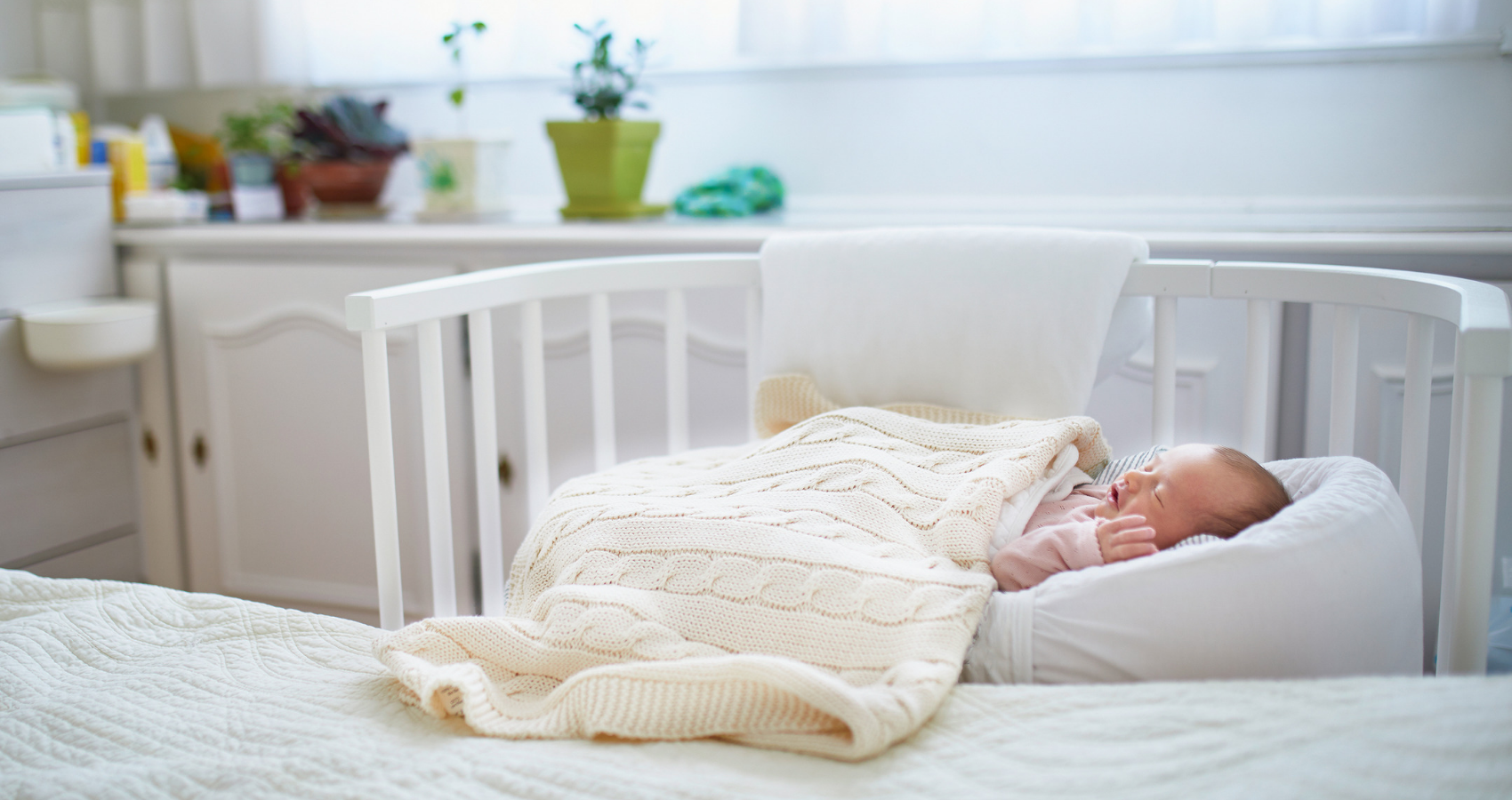
As a new parent, one of the most important tasks is ensuring that your baby gets enough sleep. Not only does a good night’s rest promote healthy growth and development, but it also allows you to catch up on some much-needed rest yourself. However, with so many options available on the market, it can be overwhelming to choose the right mattress for your little one. One of the common debates among parents is whether baby sleep on a soft mattress or a firm one. While some may argue that a soft and plush mattress is more comfortable for their baby, the truth is that firm mattresses are more beneficial for their overall health and safety.
The Risks of Sleeping on a Soft Mattress
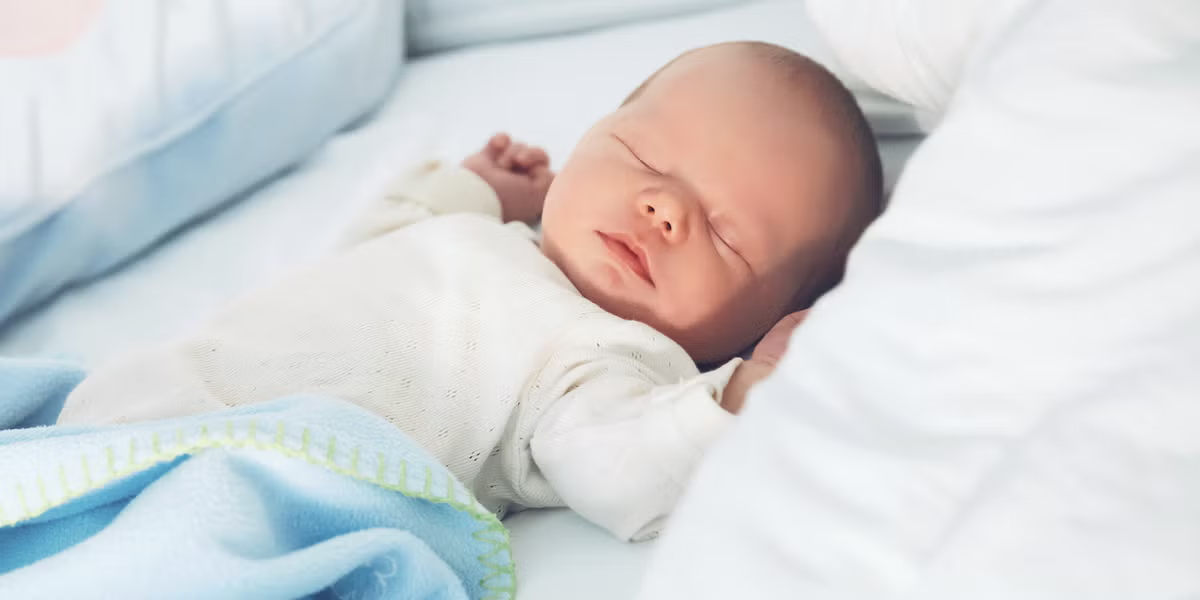
It may seem counterintuitive, but soft mattresses can actually pose a risk to your baby's health. The main concern is the potential for SIDS (Sudden Infant Death Syndrome) . The American Academy of Pediatrics recommends that babies sleep on a firm , flat , and breathable surface to reduce the risk of SIDS. A soft mattress may conform to the shape of your baby's body, causing them to sink in and potentially restrict their breathing. This can also increase the risk of suffocation if they accidentally roll onto their stomach.
The Benefits of a Firm Mattress

A firm mattress provides proper support for your baby's growing body. It helps to keep their spine aligned and prevents the risk of suffocation. Additionally, a firm mattress has been shown to reduce the risk of plagiocephaly , also known as flat head syndrome. This condition occurs when a baby's head becomes flat on one side due to constant pressure on a certain area. A firm and flat surface encourages your baby to move their head and reduces the risk of developing this condition.
Other Factors to Consider
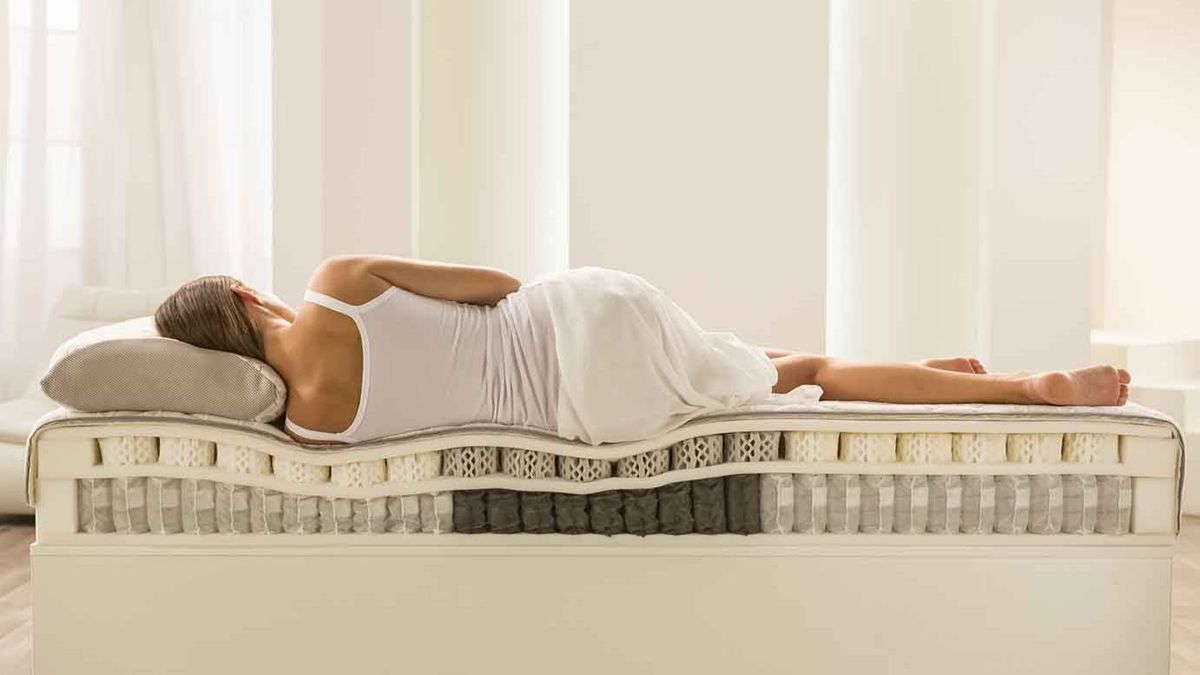
When choosing a mattress for your baby, there are other factors to consider besides firmness. Look for a mattress that is made from organic and hypoallergenic materials to reduce the risk of any allergies or irritations. It should also be waterproof and easy to clean, as accidents are bound to happen. Additionally, make sure to choose a mattress that fits snugly in your baby's crib to prevent any gaps that may pose a safety hazard.
In conclusion, while a soft mattress may seem like the more comfortable option for your baby, it is important to prioritize their health and safety. A firm mattress provides the necessary support and reduces the risk of suffocation and other potential health concerns. Remember to consider other factors such as materials and size when making your decision. With the right mattress, you can ensure that your baby gets a safe and comfortable night's sleep.















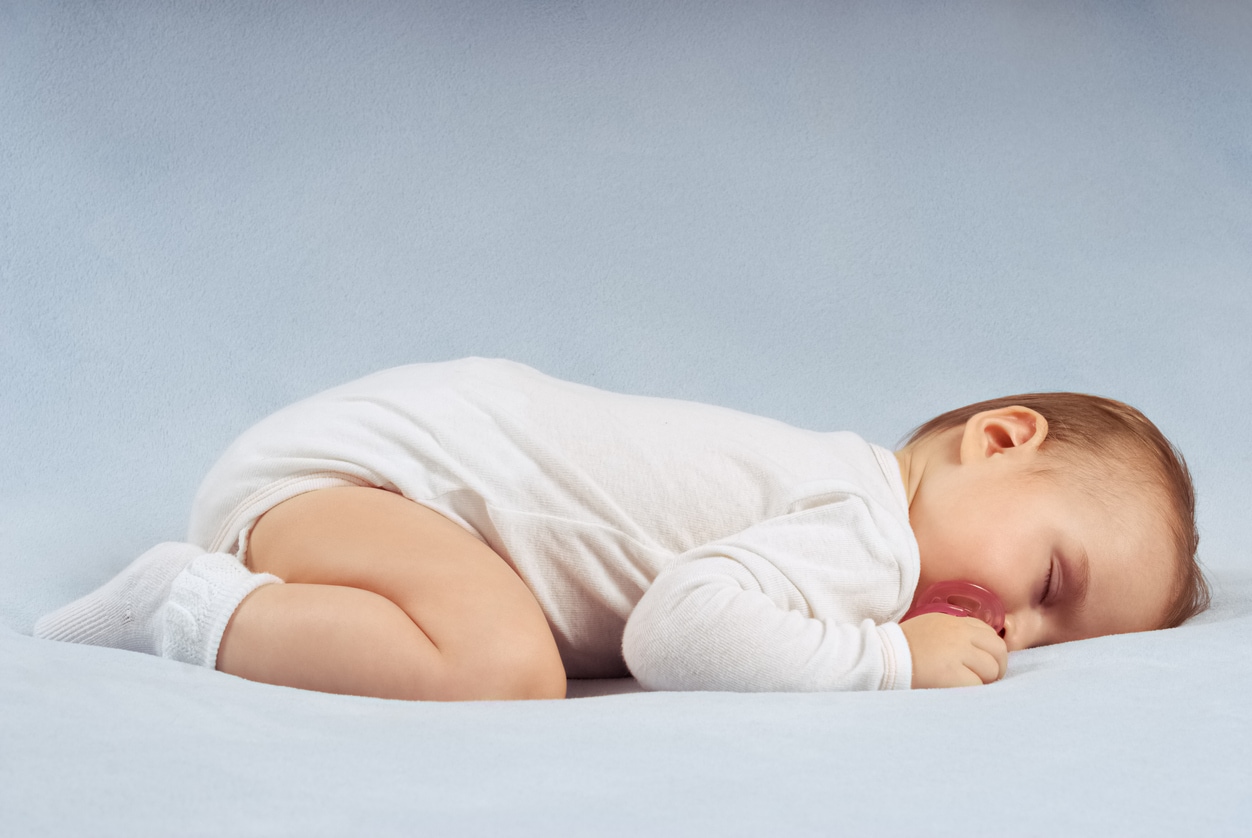






:max_bytes(150000):strip_icc()/GettyImages-1134114650-2000-5e2da90161724e33ab9d3d3f5d08e739.jpg)


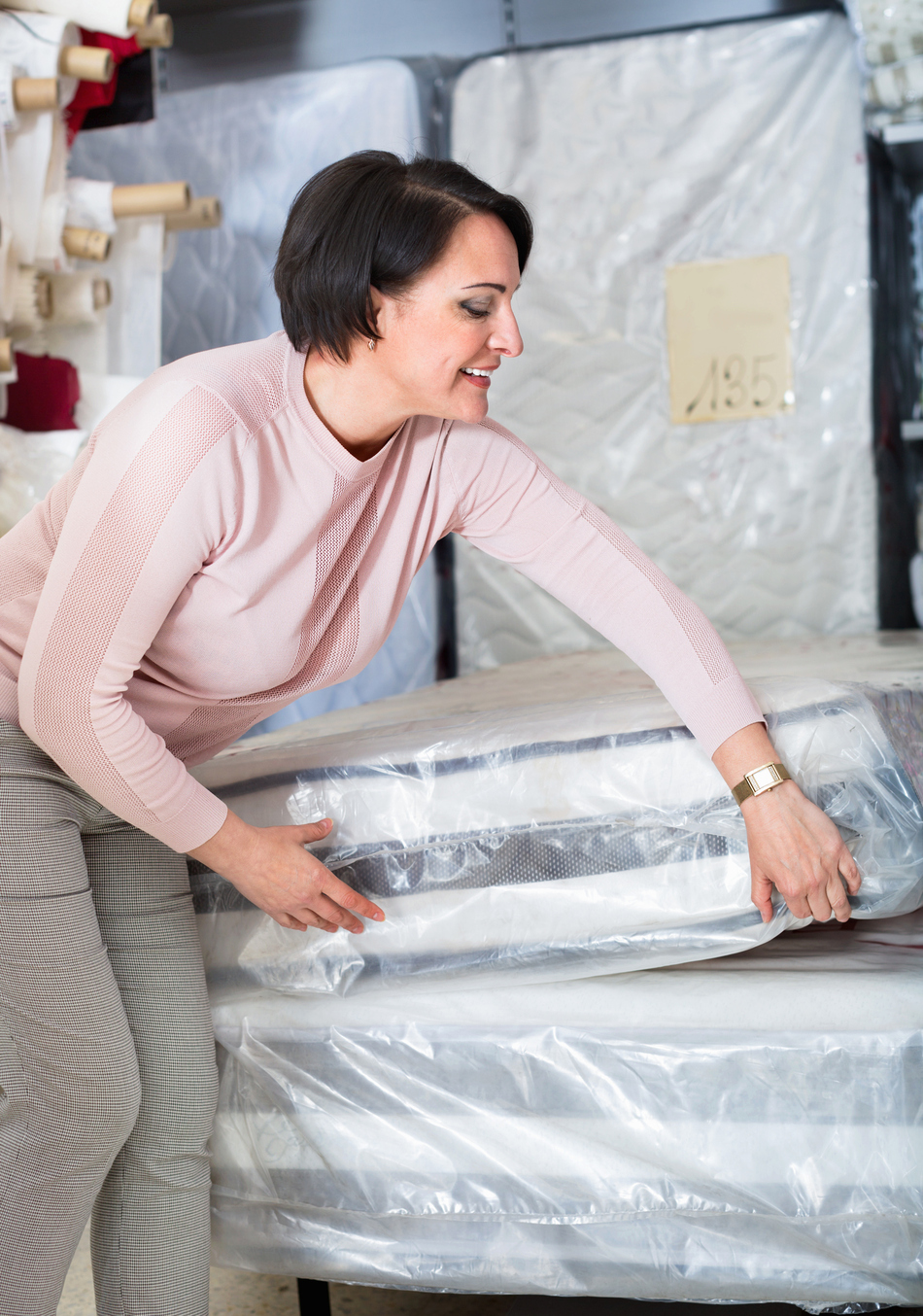




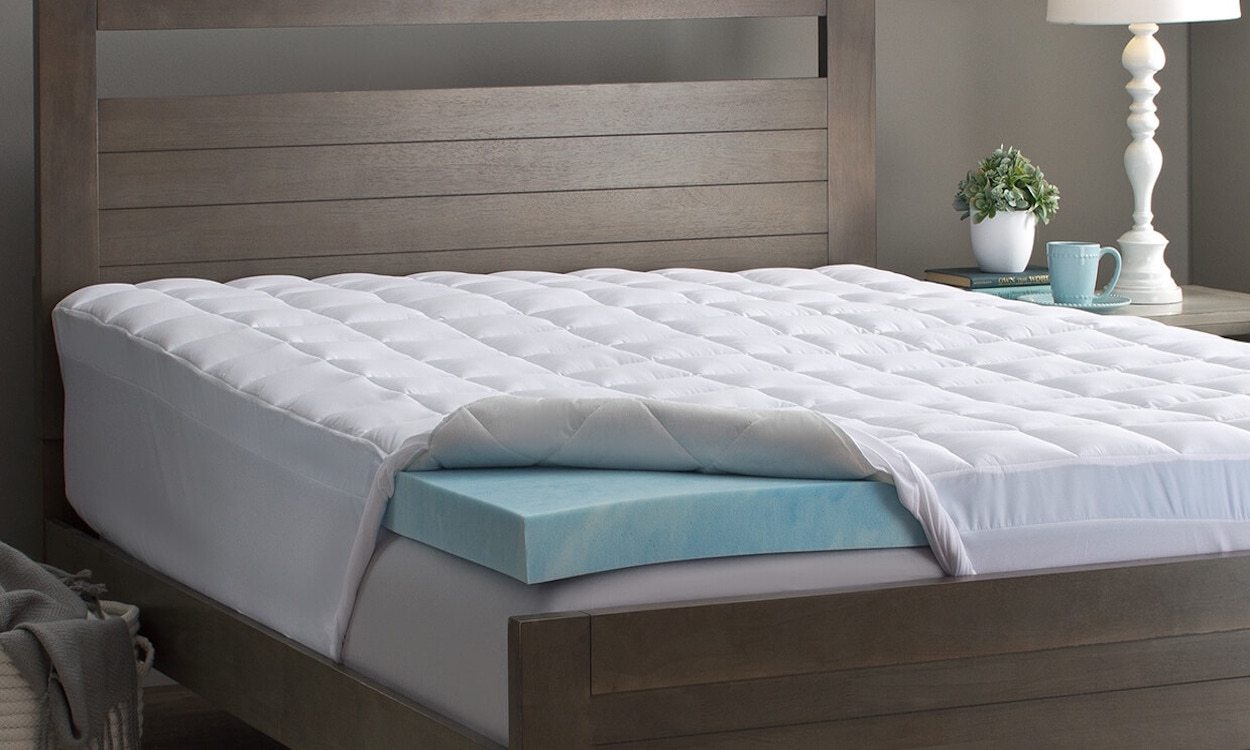





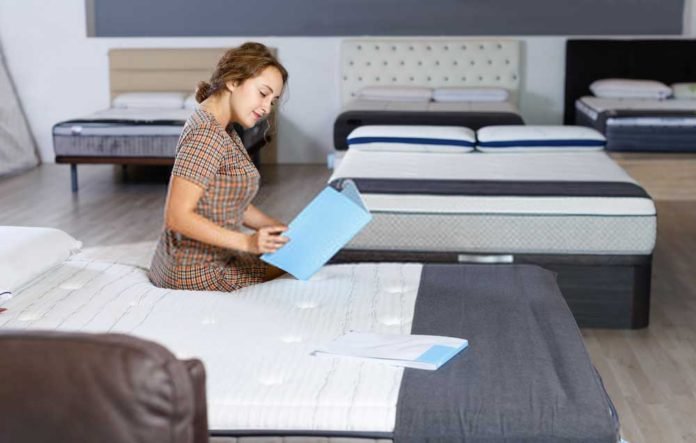





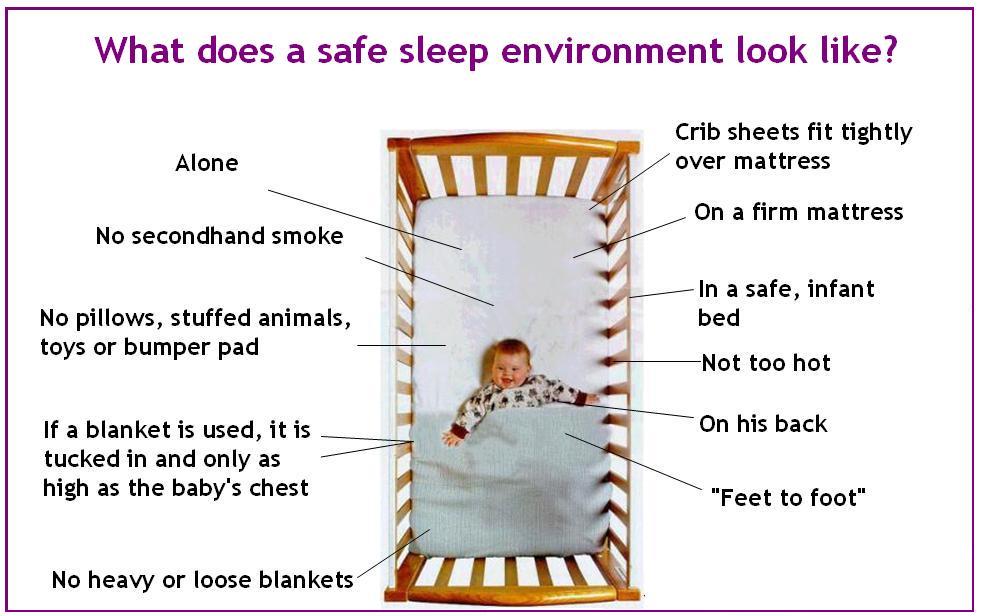











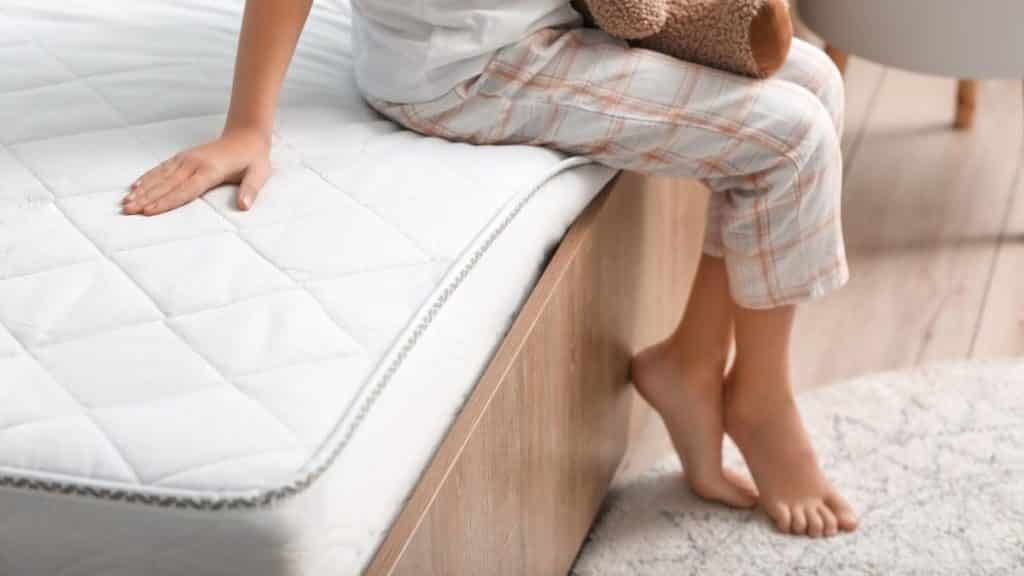
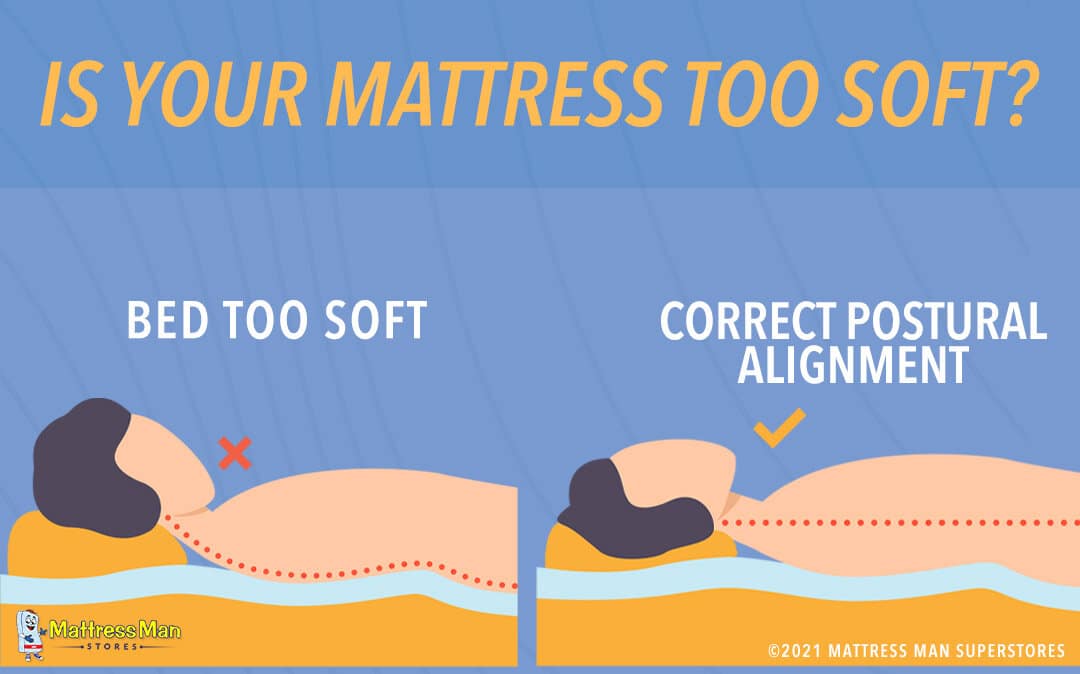
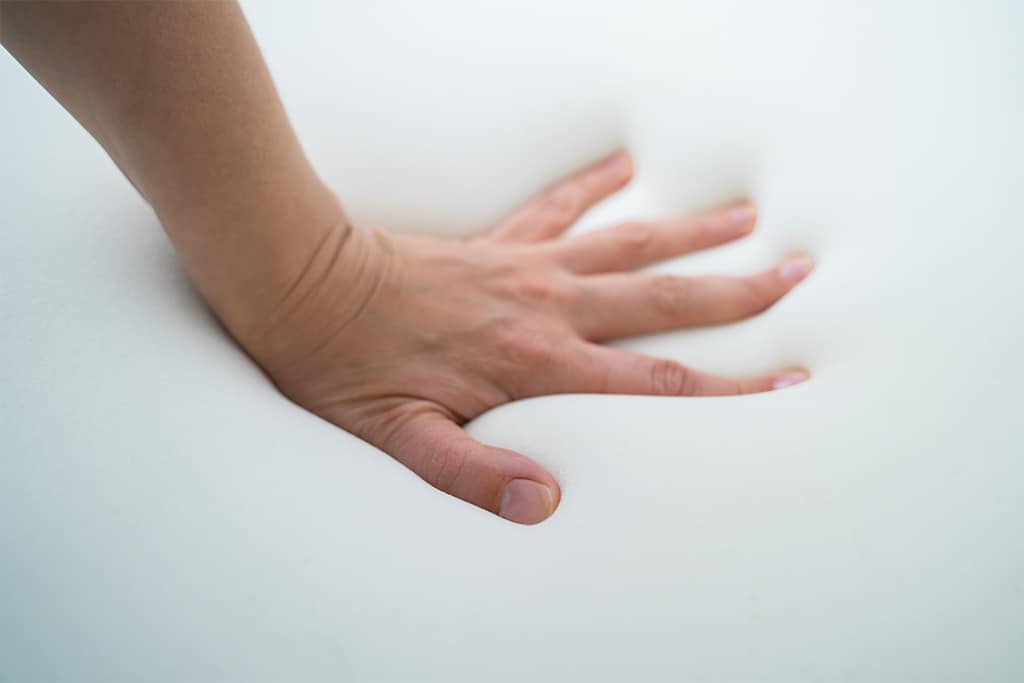
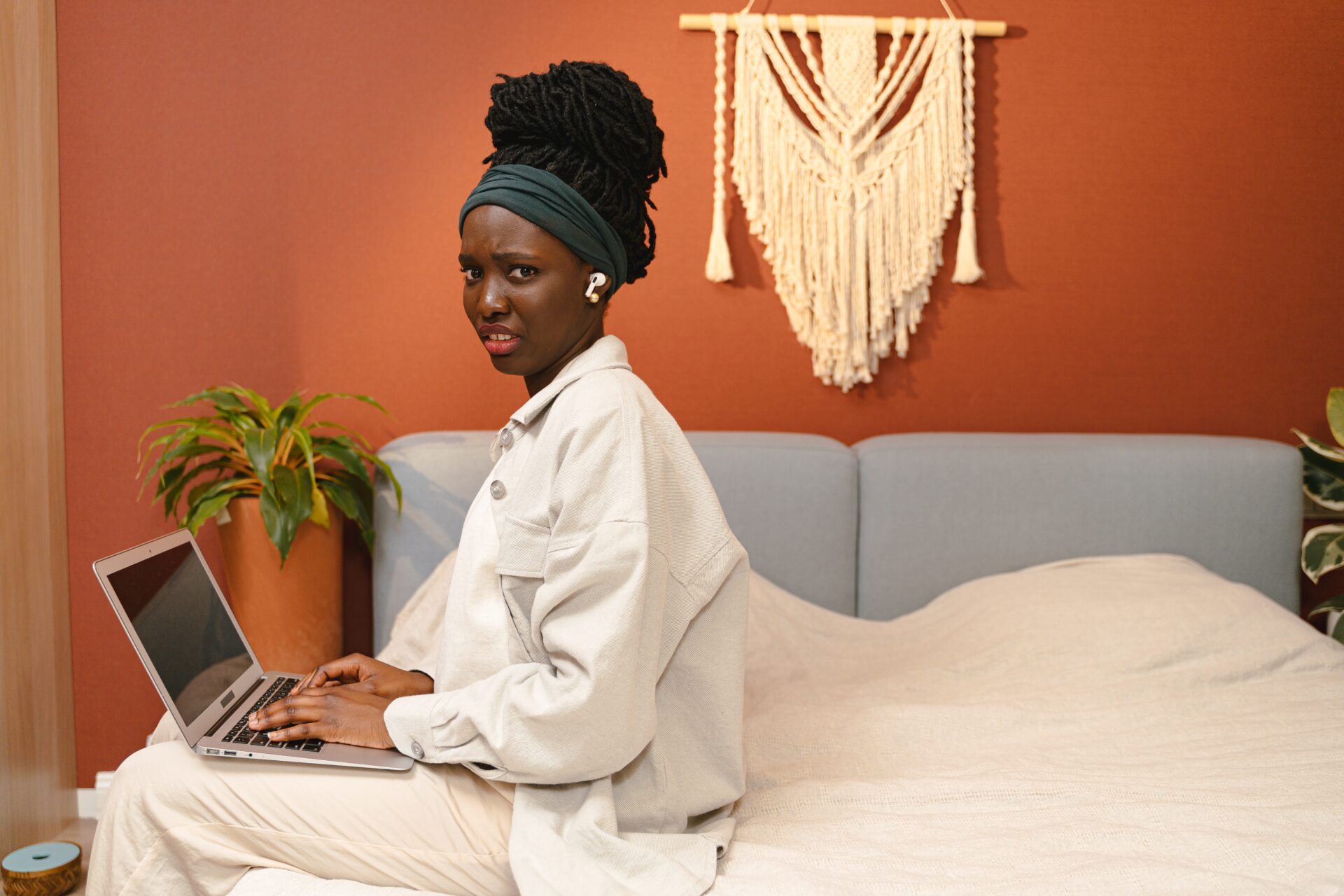


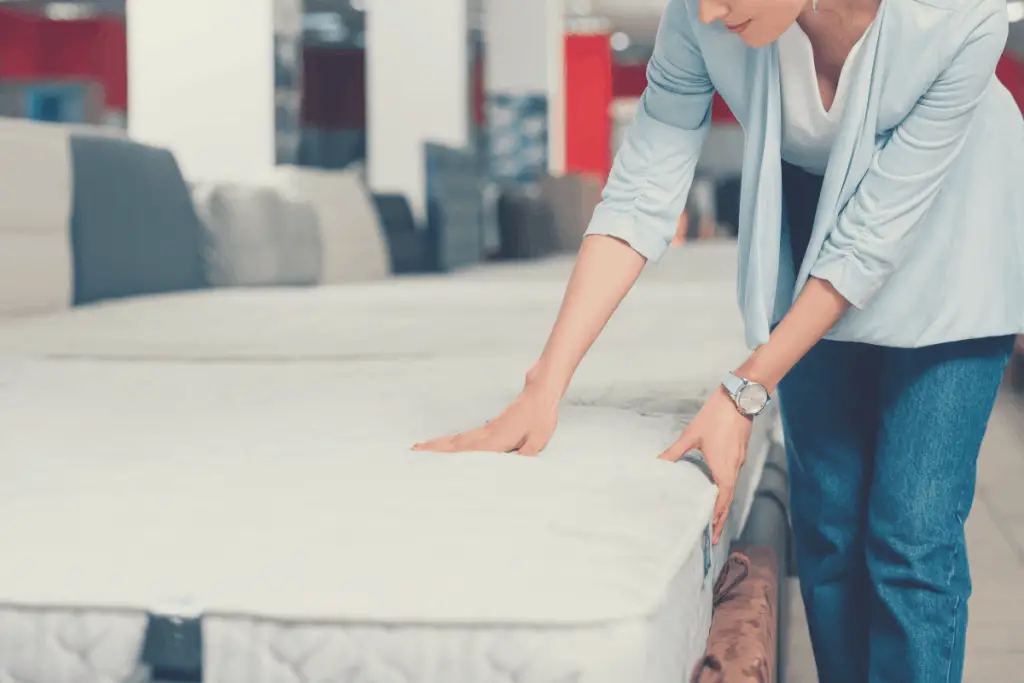
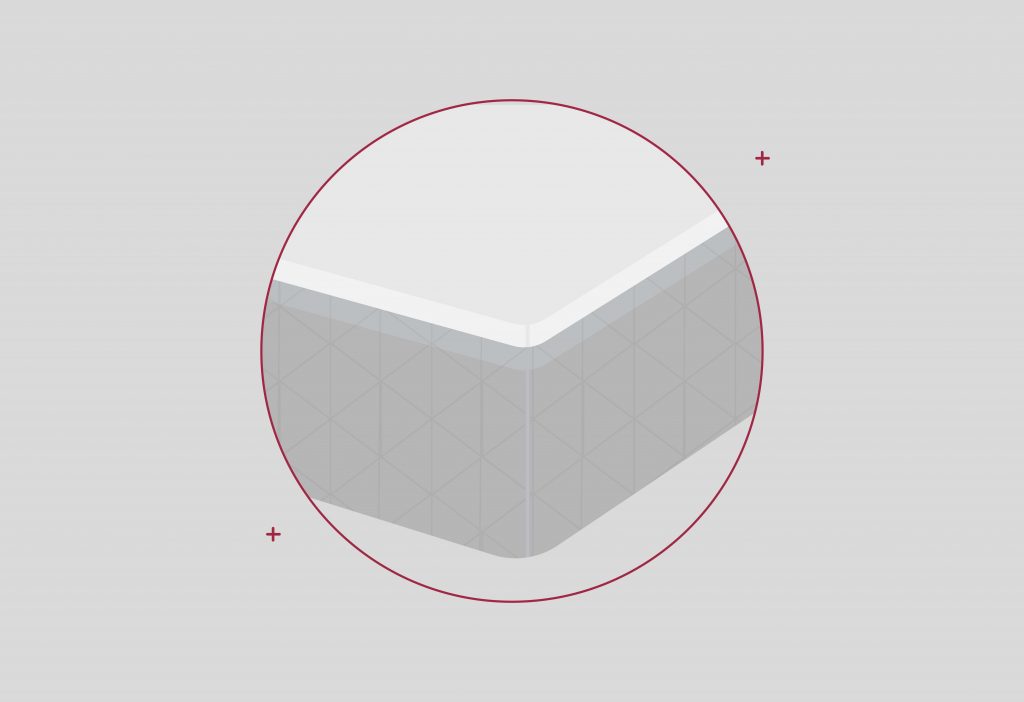
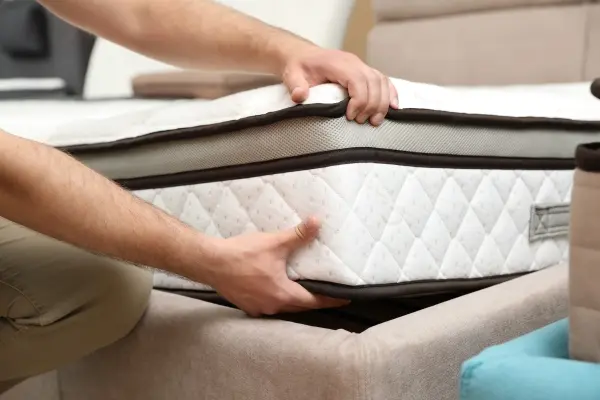






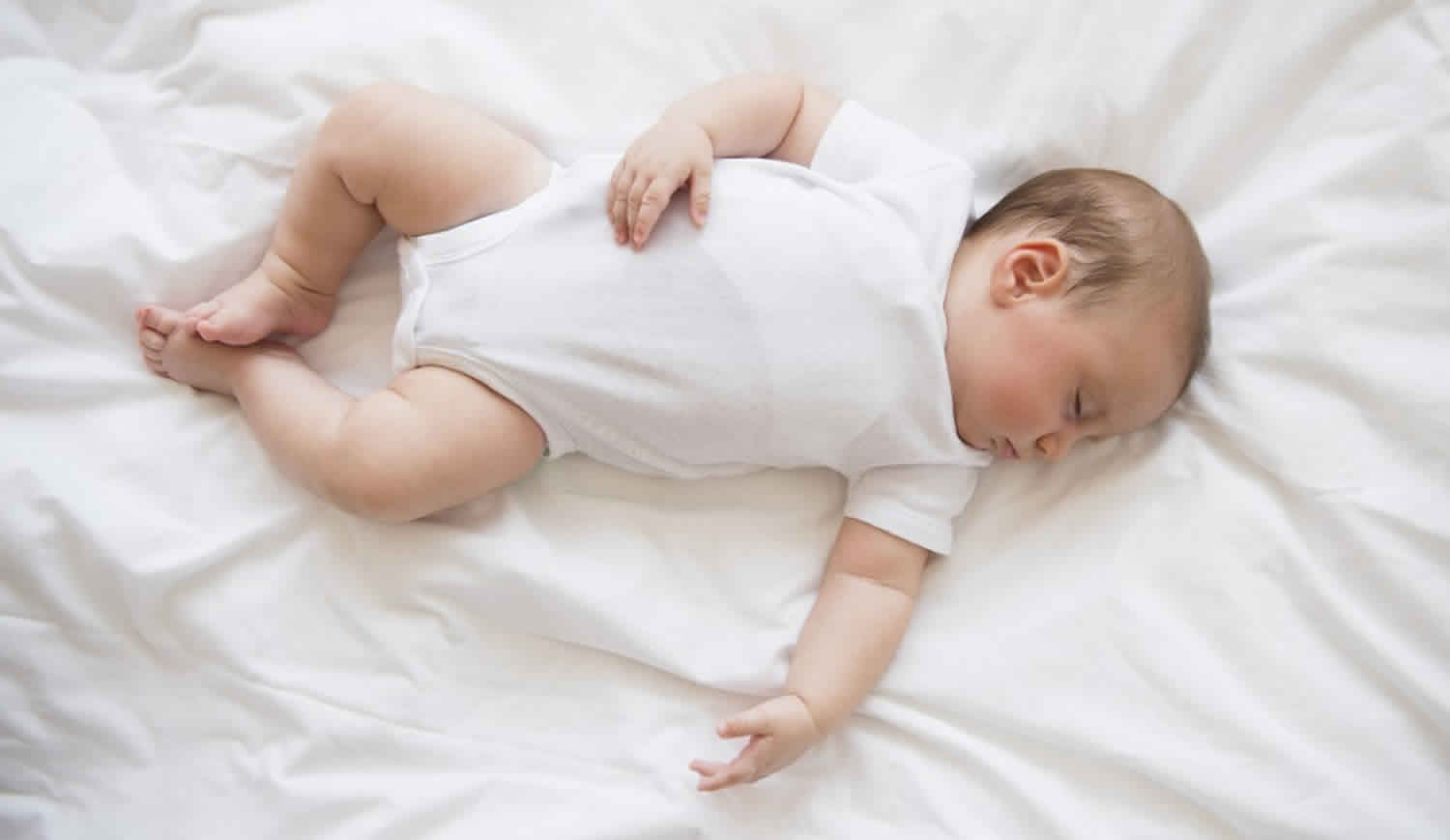
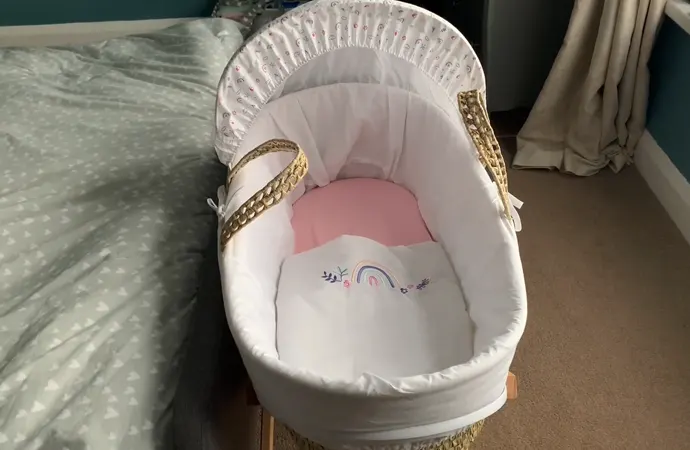
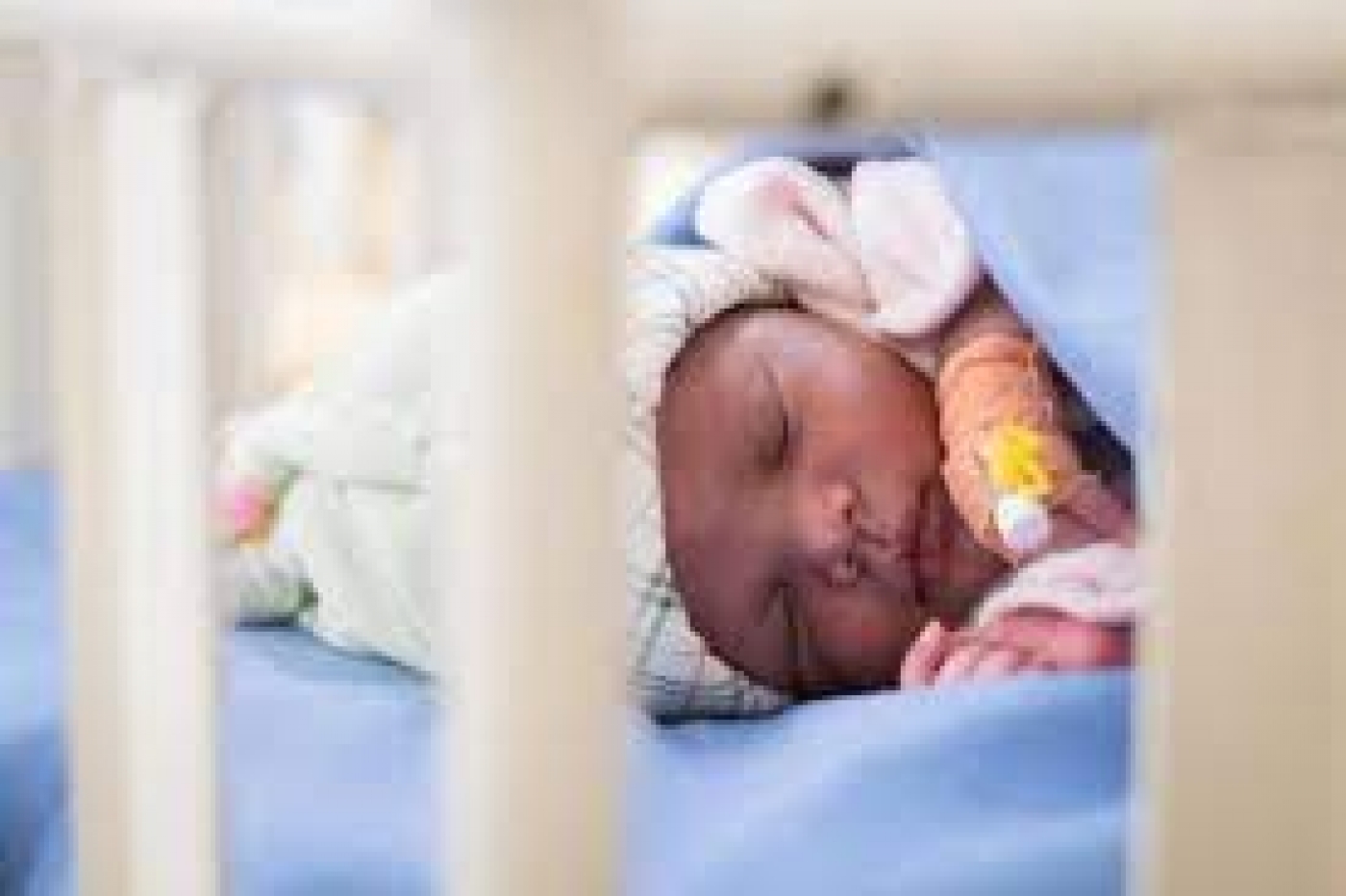
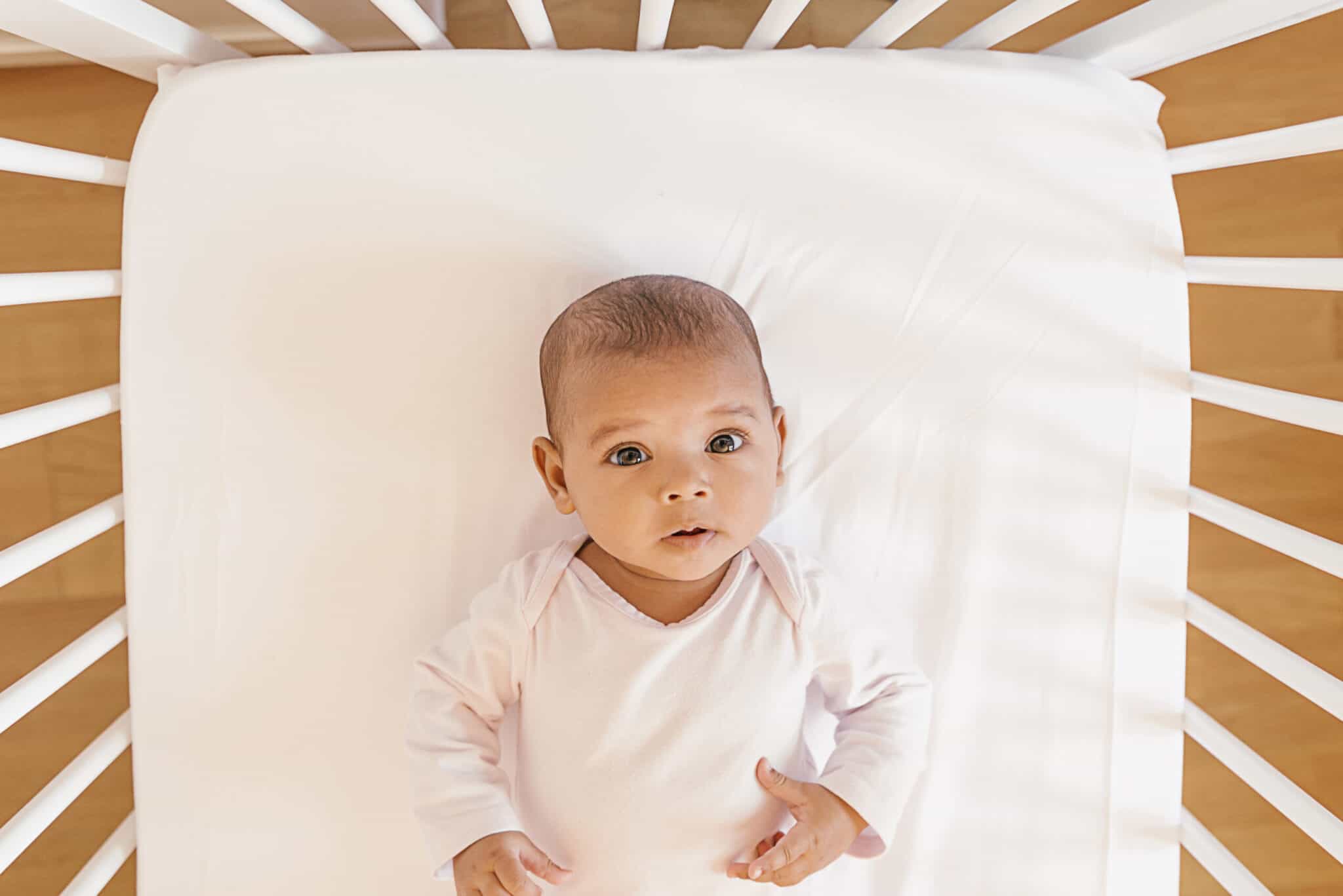


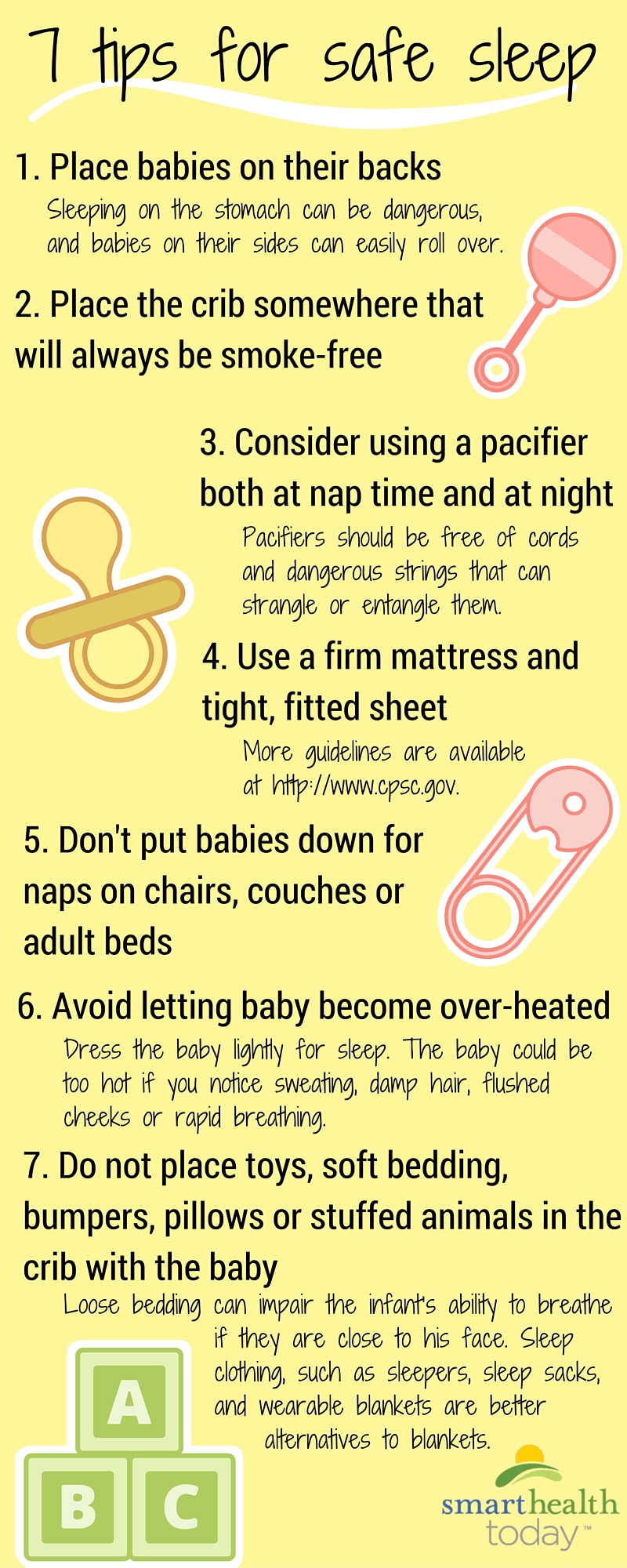

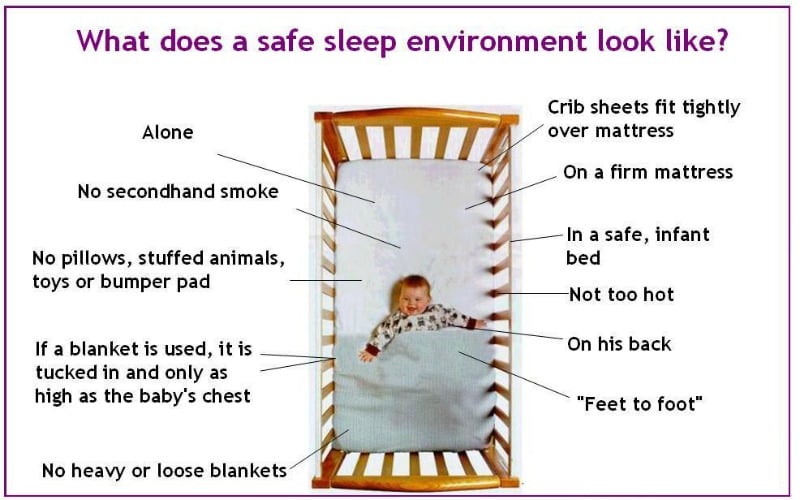





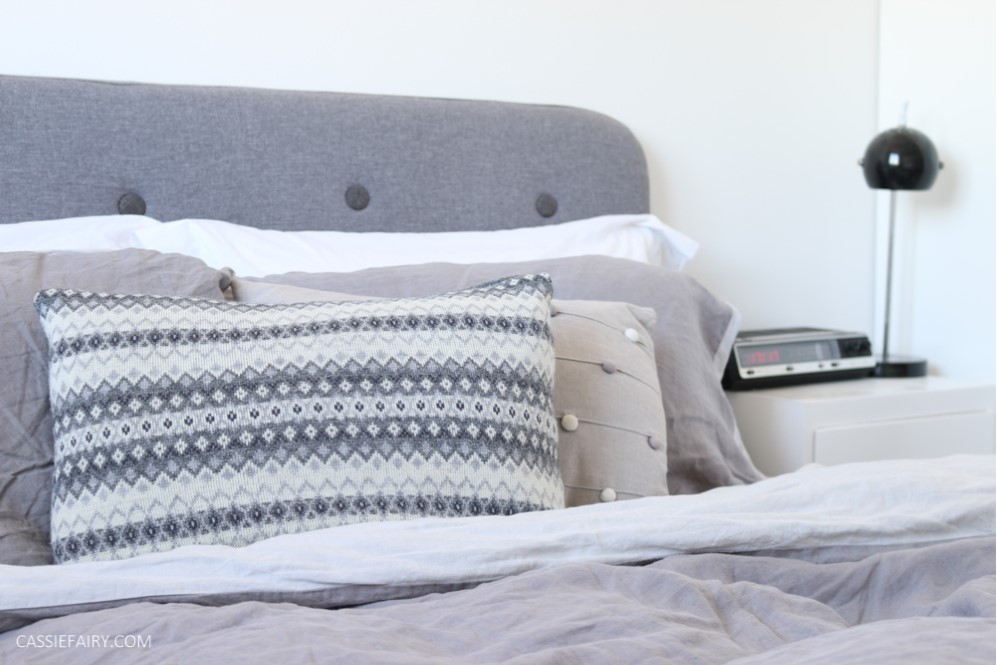
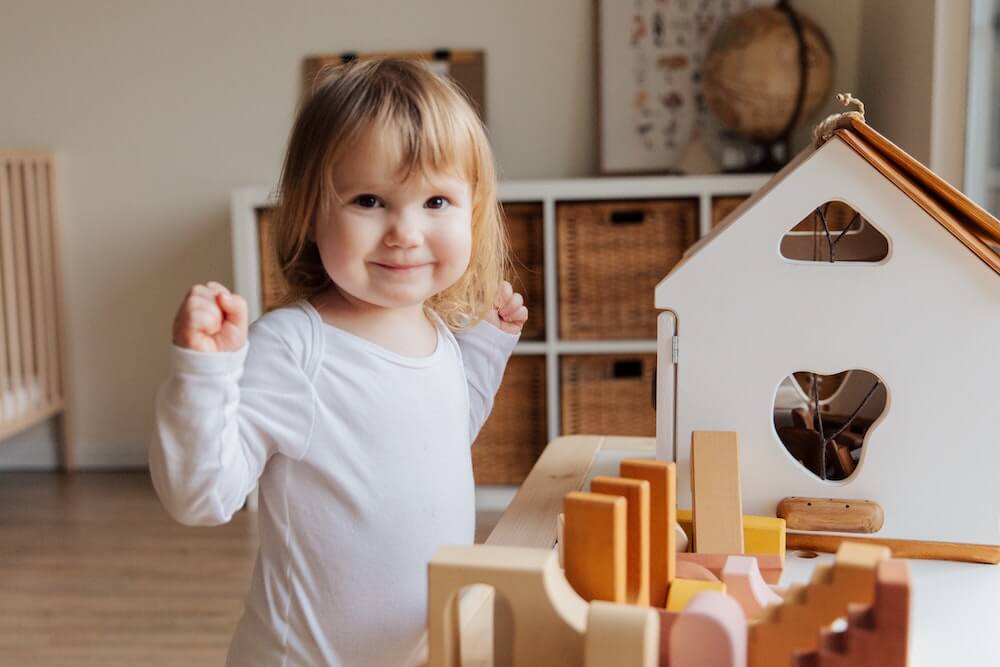
/how-to-get-better-sleep-5094084-regular-FINAL-2c371001cada4ad391f6de53fc6053c9.png)


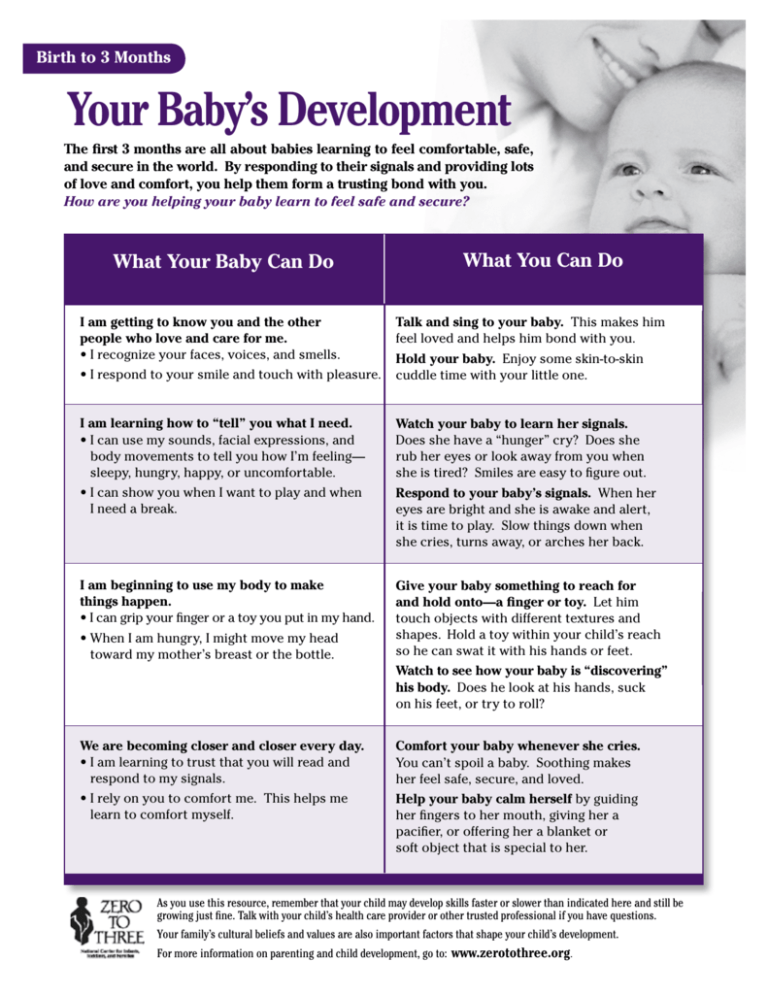

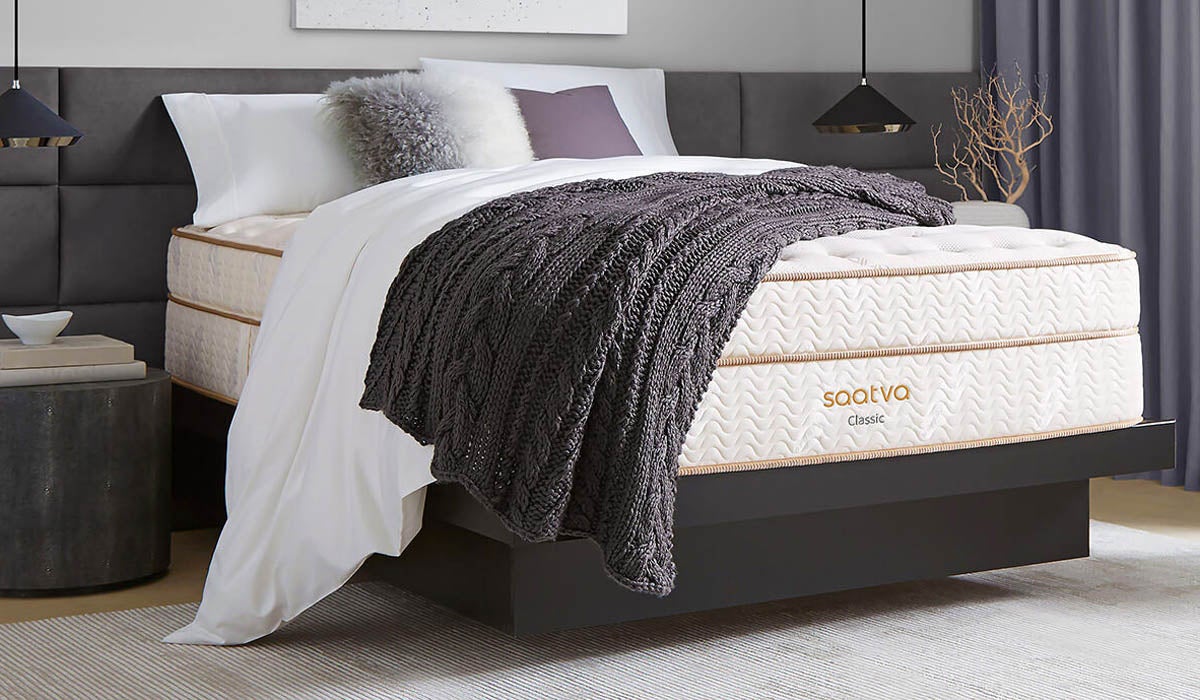
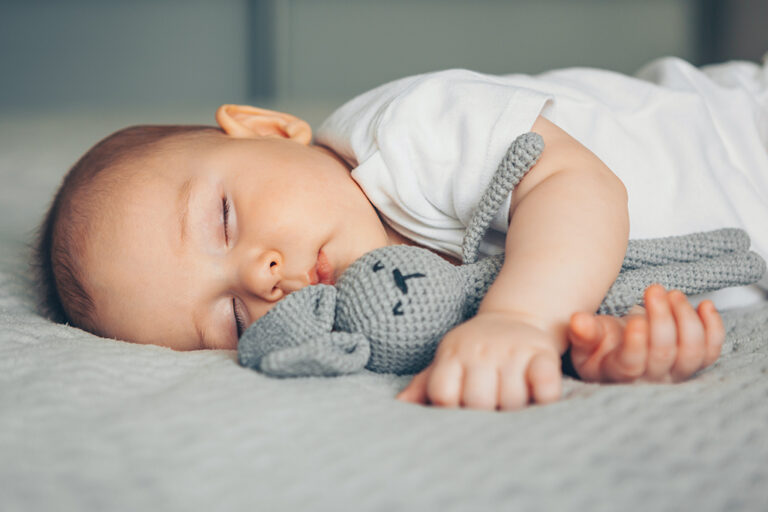
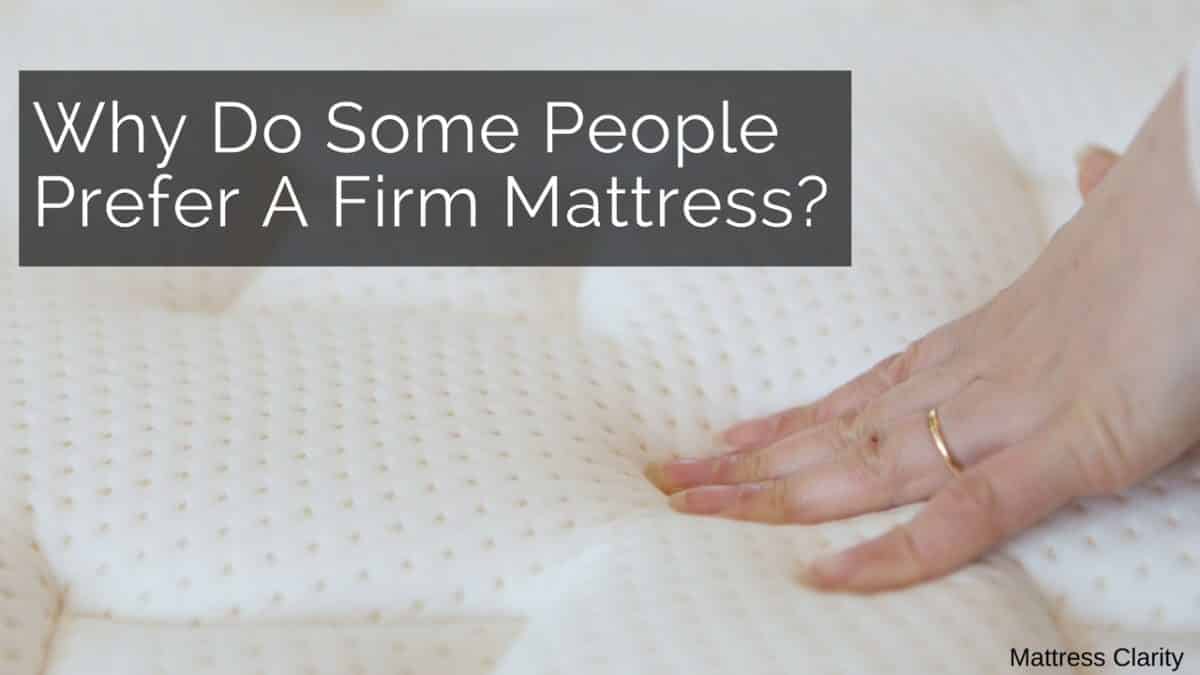
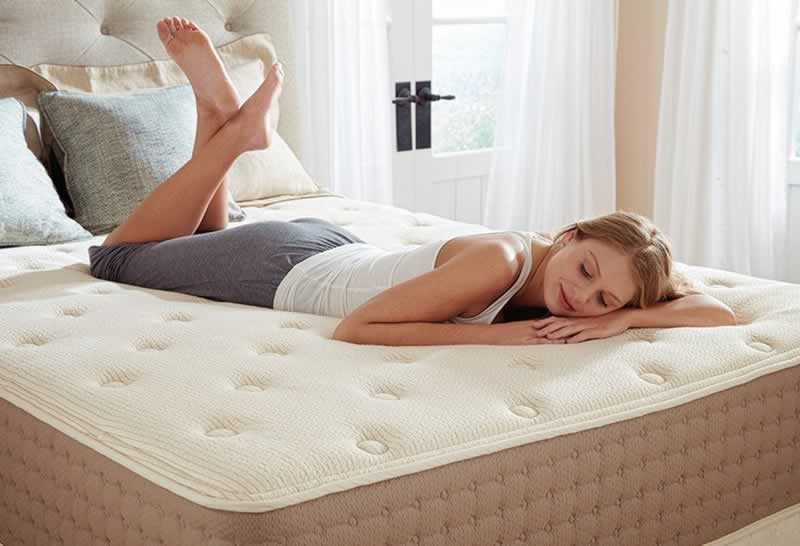


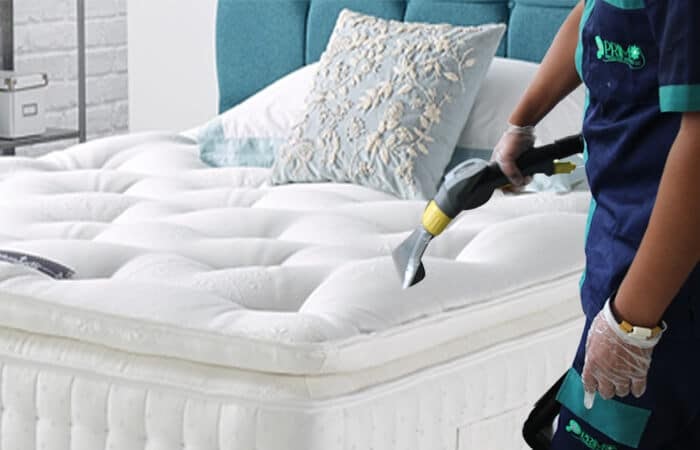

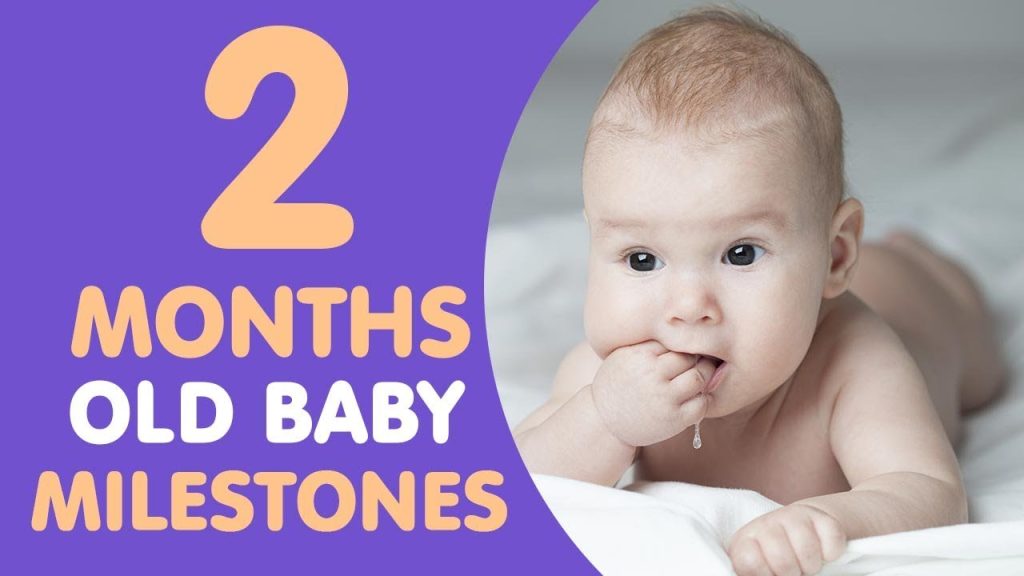


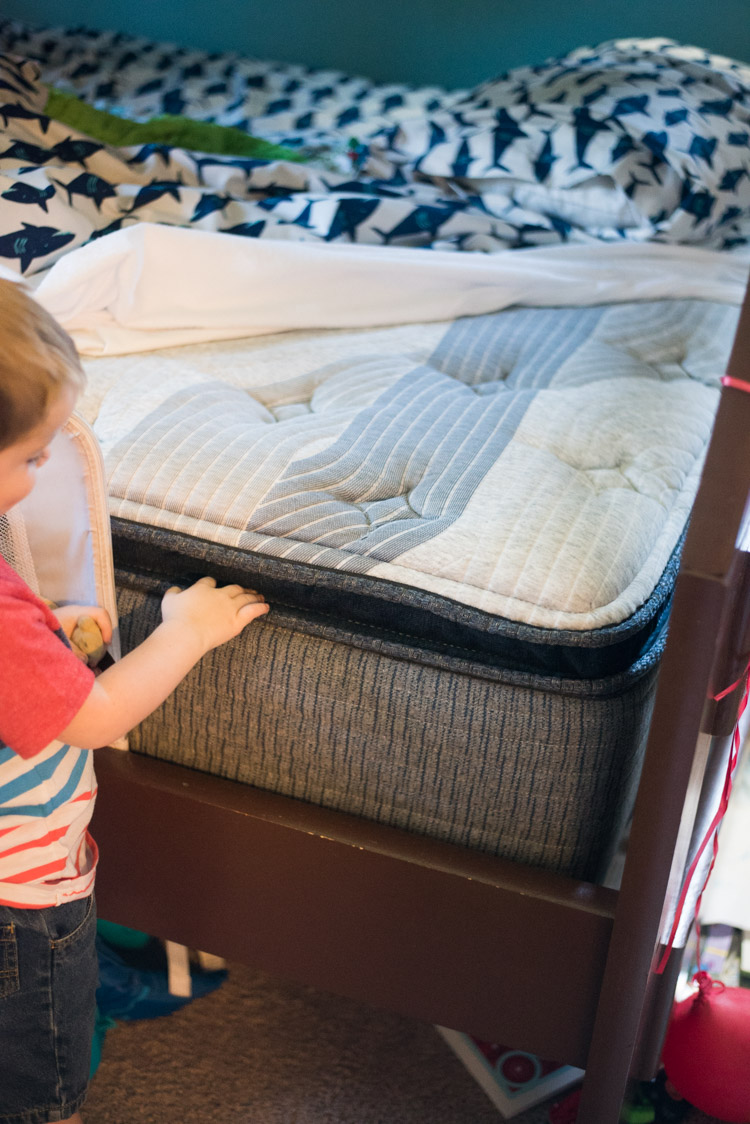


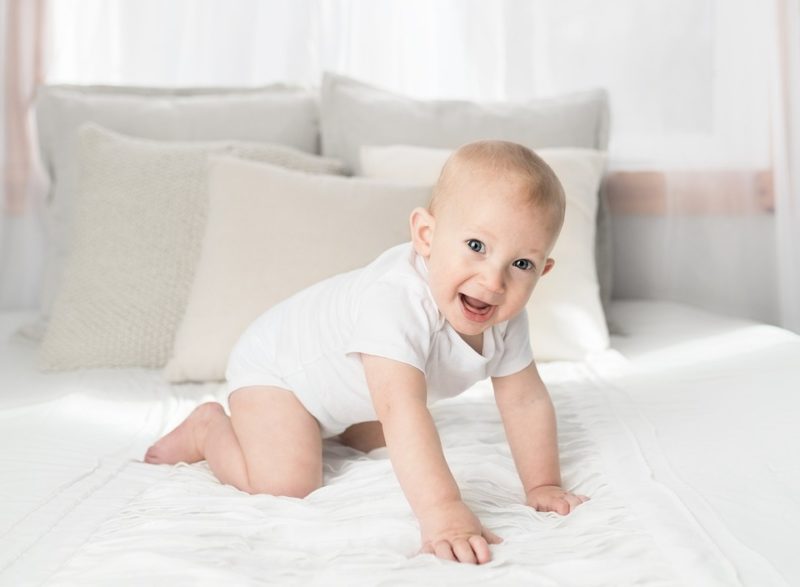
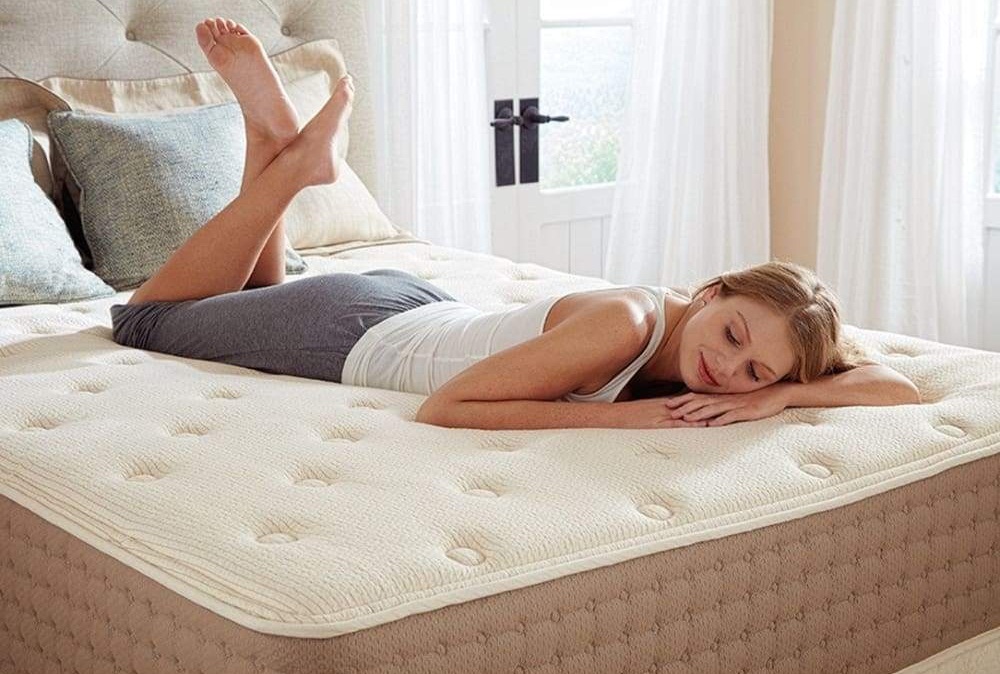

/GettyImages-1206150622-1c297aabd4a94f72a2675fc509306457.jpg)
